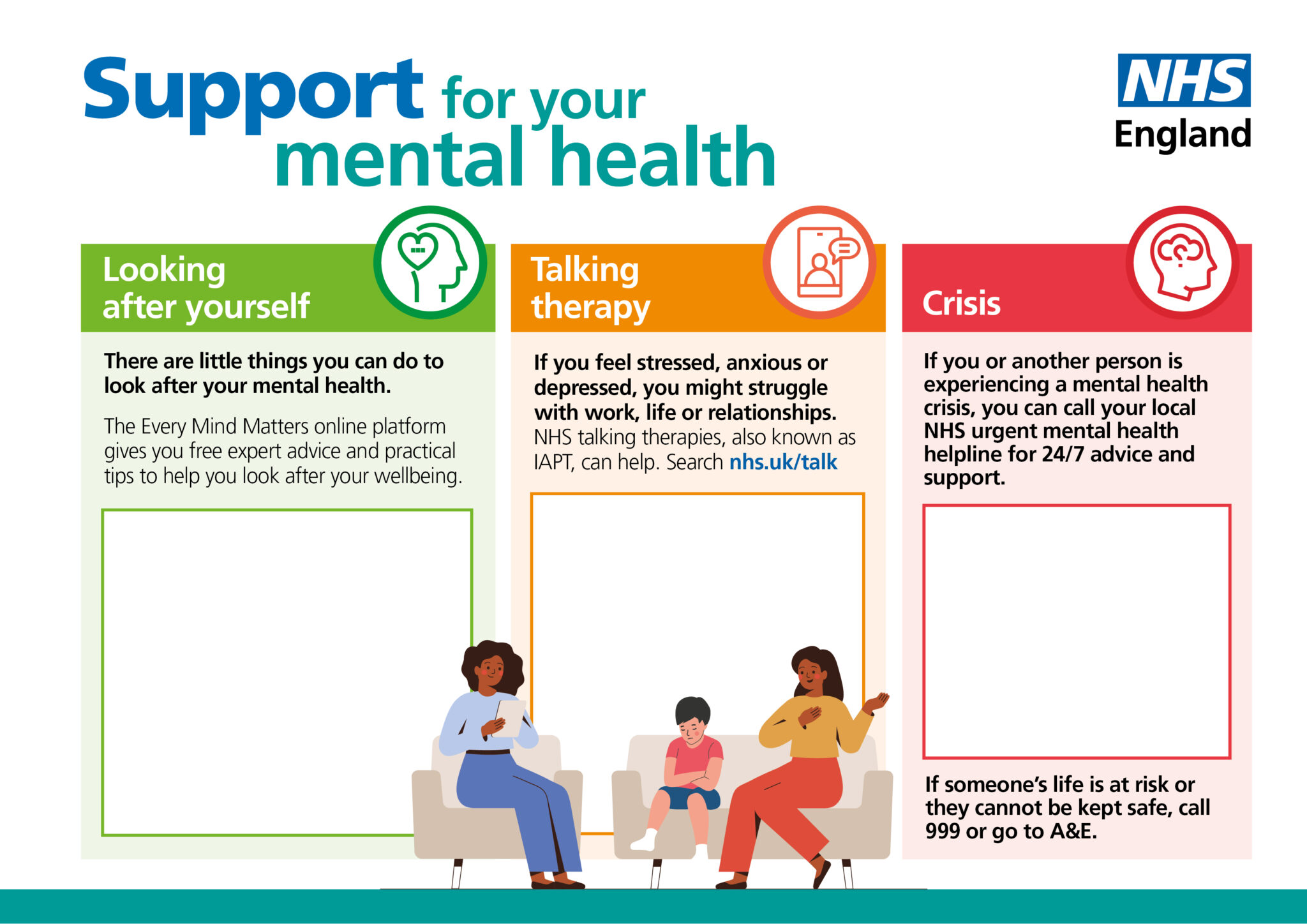Anderson County Rural Water District #4 Boil Water Advisory Issued By KDHE

Table of Contents
Understanding the Boil Water Advisory
A Boil Water Advisory is issued when there's a risk of contamination in the drinking water supply. For Anderson County Rural Water District #4, this advisory from the KDHE signifies that the water may contain harmful bacteria, viruses, or parasites that could cause serious illness. Consuming unboiled water could lead to various waterborne diseases. The duration of this Anderson County water boil advisory is currently [Insert Duration/Expected End Date Here from Official Sources – if unknown, state "to be determined" and emphasize checking official sources for updates]. This advisory is a serious public health matter, emphasizing the crucial need for water safety precautions.
- Potential contaminants: The specific contaminant(s) causing the Anderson County Rural Water District #4 boil water advisory will be identified by the KDHE and Anderson County Rural Water District #4 as soon as possible. Check official updates for confirmation.
- Symptoms of waterborne illness: Symptoms can vary but may include diarrhea, vomiting, nausea, stomach cramps, fever, and headache. If you experience these symptoms, contact your doctor immediately.
- Importance of following instructions: Strict adherence to the boil water instructions is crucial to prevent illness and protect public health. Failure to do so could have serious consequences.
How to Safely Boil Water
Boiling water effectively kills most harmful bacteria, viruses, and parasites. To ensure the safety of your drinking water, follow these steps carefully:
- Vigorous Boiling: Bring water to a rolling boil for one full minute. This ensures all potential contaminants are eliminated.
- Cooling and Storage: Allow the boiled water to cool completely before drinking. Store it in a clean, covered container in the refrigerator for up to 24 hours.
- Disposal of Unboiled Water: Discard any unboiled water in your home, including ice cubes made with tap water.
Alternative Safe Water Sources: If boiling water is not feasible, bottled water is a safe alternative for drinking, cooking, and brushing teeth.
- Detailed boiling instructions: Ensure the water reaches a rolling boil. A rolling boil means that the water is boiling rapidly and producing a constant stream of bubbles.
- Proper storage of boiled water: Use clean containers, preferably glass or food-grade plastic, with tight-fitting lids.
- Disposal of unboiled water: Pour unboiled water down the drain, and avoid reusing it for any purpose.
What to Do During the Anderson County Rural Water District #4 Boil Water Advisory
The Anderson County water boil advisory requires careful attention to water usage. Here's what you should do:
- Food Preparation: Use only boiled water for all food preparation, including washing produce, cooking, and making beverages.
- Personal Hygiene: Use boiled water for brushing your teeth. Showering is generally safe, but avoid swallowing any water.
- Waterborne Illness Symptoms: If you or someone in your household experiences symptoms of waterborne illness, seek medical attention immediately.
Staying Informed About the Anderson County Rural Water District #4 Boil Water Advisory
Staying updated is crucial. The Anderson County Rural Water District #4 and the KDHE will provide regular updates on the status of the boil water notice. Check the following resources for the latest information:
- Official Website: [Insert Link to Official Website Here]
- Anderson County Rural Water District #4 Contact: [Insert Phone Number Here]
- KDHE Contact: [Insert Phone Number and/or Website Link Here]
- Social Media: [Insert Relevant Social Media Links Here, if applicable]
Staying Safe During the Anderson County Rural Water District #4 Boil Water Advisory
This Anderson County water boil advisory is a serious matter. Following the provided instructions carefully will help you protect yourself and your family from potential waterborne illnesses. Remember to regularly check for updates from the Anderson County Rural Water District #4 and the KDHE. Don’t hesitate to contact the provided resources if you have questions or concerns. Stay vigilant, follow the instructions closely, and remain informed about the status of this Anderson County water boil advisory, the KDHE water advisory, and the rural water district boil water notice. Your health and safety are paramount during this public health emergency.

Featured Posts
-
 San Diego Padres Thwarting The Los Angeles Dodgers Strategy
May 16, 2025
San Diego Padres Thwarting The Los Angeles Dodgers Strategy
May 16, 2025 -
 The Biden Warren Exchange A Look At The Presidents Mental Health
May 16, 2025
The Biden Warren Exchange A Look At The Presidents Mental Health
May 16, 2025 -
 Amber Heards Twins The Elon Musk Connection Explored
May 16, 2025
Amber Heards Twins The Elon Musk Connection Explored
May 16, 2025 -
 Everton Vina Coquimbo Unido 0 0 Reporte Del Encuentro
May 16, 2025
Everton Vina Coquimbo Unido 0 0 Reporte Del Encuentro
May 16, 2025 -
 Sheikh Hasinas Awami League Blocked From Bangladesh Election
May 16, 2025
Sheikh Hasinas Awami League Blocked From Bangladesh Election
May 16, 2025
